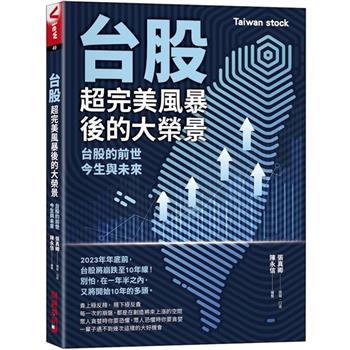Social and Intellectual Networking in the Early Middle Ages seeks to expand our understanding of early medieval connectivity by interrogating social and intellectual collaborations, competitions, and communications among persons, places, things, and ideas in the European and Mediterranean West during the second half of the first millennium CE. In so doing, its contributors explore the existence, performance, and sustainability of diverse political, scholarly, ecclesiastical, and material networks via manuscripts, artifacts, and theories framed by two broad interpretive categories. The first examines networks of scholars, writers, and the social and political histories related to their productions. The second imagines the transmission of "knowledge" as information, rhetoric, object, and epistemic grounding. In addition, the book rigorously investigates the theoretical possibilities and problems of researching early medieval networks, attempts to re-construct historical networks, and critically analyzes the concept of "information."
| FindBook |
有 1 項符合
Social and Intellectual Networking in the Early Middle Ages的圖書 |
 |
Social and Intellectual Networking in the Early Middle Ages 作者:Kelly 出版社:Punctum Books 出版日期:2023-05-02 語言:英文 規格:平裝 / 248頁 / 20.32 x 12.7 x 1.32 cm / 普通級/ 初版 |
| 圖書館借閱 |
| 國家圖書館 | 全國圖書書目資訊網 | 國立公共資訊圖書館 | 電子書服務平台 | MetaCat 跨館整合查詢 |
| 臺北市立圖書館 | 新北市立圖書館 | 基隆市公共圖書館 | 桃園市立圖書館 | 新竹縣公共圖書館 |
| 苗栗縣立圖書館 | 臺中市立圖書館 | 彰化縣公共圖書館 | 南投縣文化局 | 雲林縣公共圖書館 |
| 嘉義縣圖書館 | 臺南市立圖書館 | 高雄市立圖書館 | 屏東縣公共圖書館 | 宜蘭縣公共圖書館 |
| 花蓮縣文化局 | 臺東縣文化處 |
|
|
圖書介紹 - 資料來源:博客來 評分:
圖書名稱:Social and Intellectual Networking in the Early Middle Ages
|











